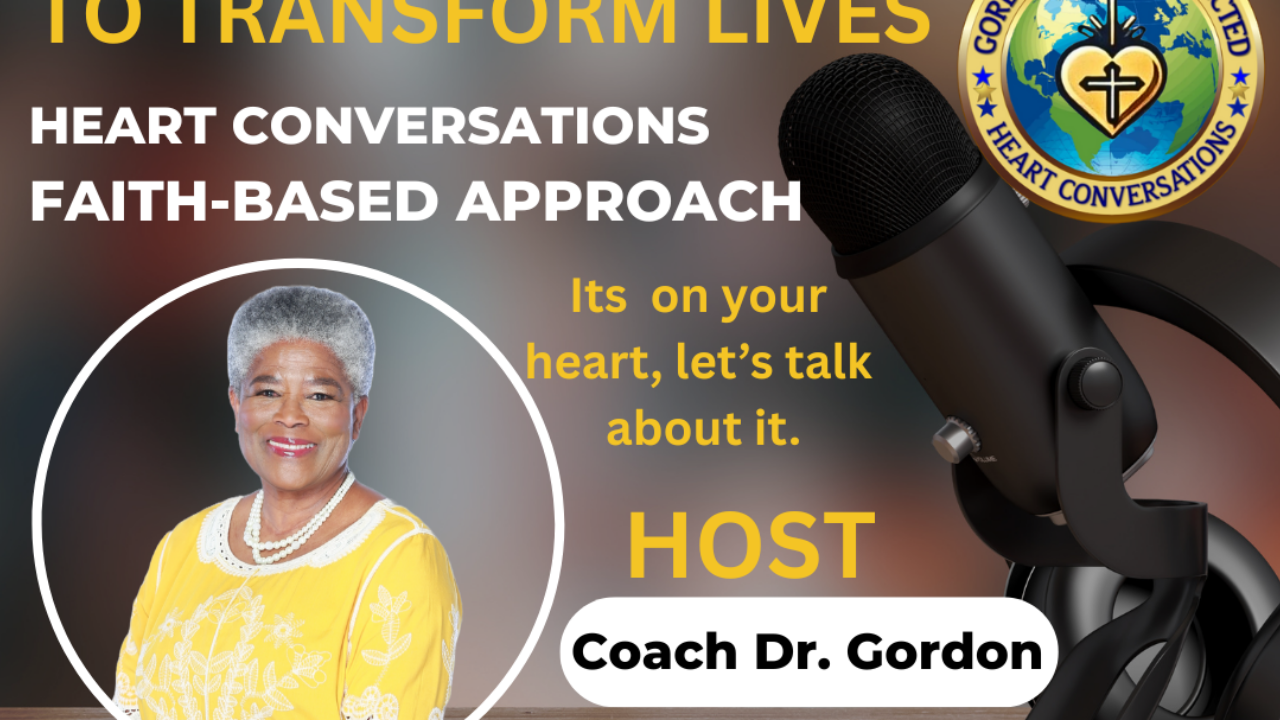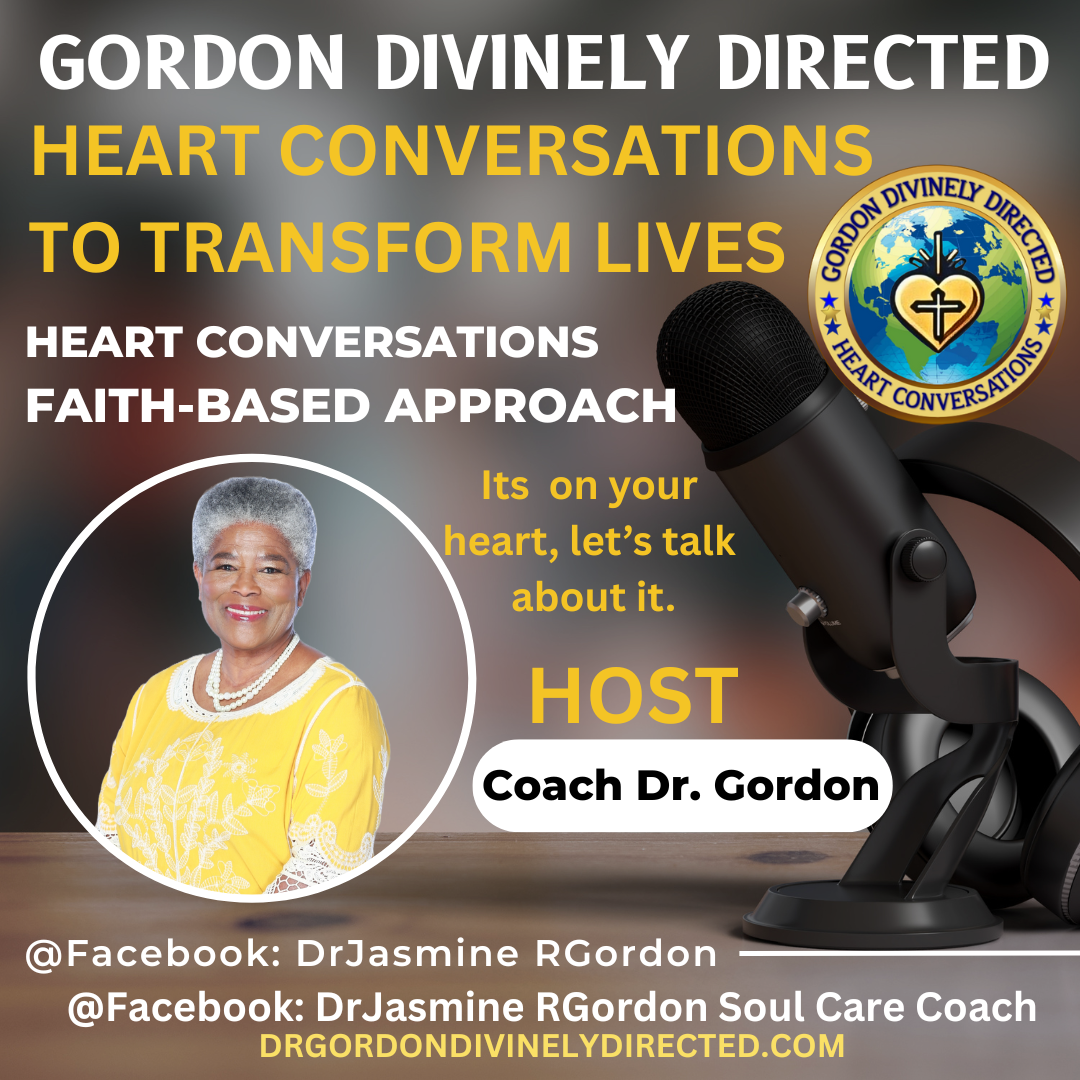The Power of Grace to Forgive & Release
Nov 21, 2025
The Power of Grace to Forgive and Release
*Forgiveness unlocks the future. It is the bridge between your pain and your purpose. It allows you to step into tomorrow without yesterday’s weight of unforgiveness.
*Forgiving someone does not mean that you are weak. It means that you are strong by the grace of God. When you choose to forgive, you reclaim your power, peace, and purpose. By forgiving you open your heart for the next to which God is taking you.
Here are some key aspects of practicing forgiveness:
· Acknowledge the hurt: Identify the specific hurt that was done to you and name the emotions you feel, such as anger, betrayal, or sadness.
· Reflect on the situation: Try to understand the situation from the other person’s perspective, even if it is difficult. This can help you see the situation with more clarity and may reduce the intensity of your feelings.
· Make a conscious decision to forgive: Forgiveness is a choice to let go of the desire for revenge or the need for the person to suffer. It is the process that may take time and needs to be renewed.
· Releasing negative emotions: Forgiveness is about letting go of the anger, bitterness, and resentment that can be harmful to your own mental, emotional and physical health. When Peter asks how many times he should forgive, Jesus replies, “I tell you, not seven times, but seventy-seven times,” (Matthew 18:21-22). This lesson by Jesus emphasizes the importance of a constant willingness to forgive others.
· Not forgetting or condoning: When you forgive, it does not mean you are saying the offense was okay or that you forget it happened. “Bear with each other and forgive one another if any of you have a grievance against someone. Forgive as the Lord forgave you,” (Colossians 3:13).
· Not necessarily reconciling: Forgiving does not require you to restore the former relationship with the person who harmed you. It is about your own internal peace.
· This is a conscious choice: It is a deliberate and active decision to stop holding onto the hurt and a choice to move forward.
· It is a process, not an event: Forgiveness is often continuous in practice rather than a one-time event.
· Cultivate empathy and compassion: Try to see the other person as a human being who also makes mistakes. You can use loving-kindness meditation or other techniques to develop more empathy.
· Set healthy boundaries: Forgiveness does not mean you have to forget what happened or allow the person to hurt you again. It is healthy to set boundaries to protect yourself moving forward.
With blessings and purpose,
Rev. Dr. Jasmine Rosetta Gordon
Author, Coach, Speaker, Chaplain, Professor
Founder & Director
Gordon Divinely Directed Ministry & Academy
📩 Stay connected CLICK HERE >: Reach Out For MORE Info on Opportunities For HELP
https://www.drgordondivinelydirected.com/home


